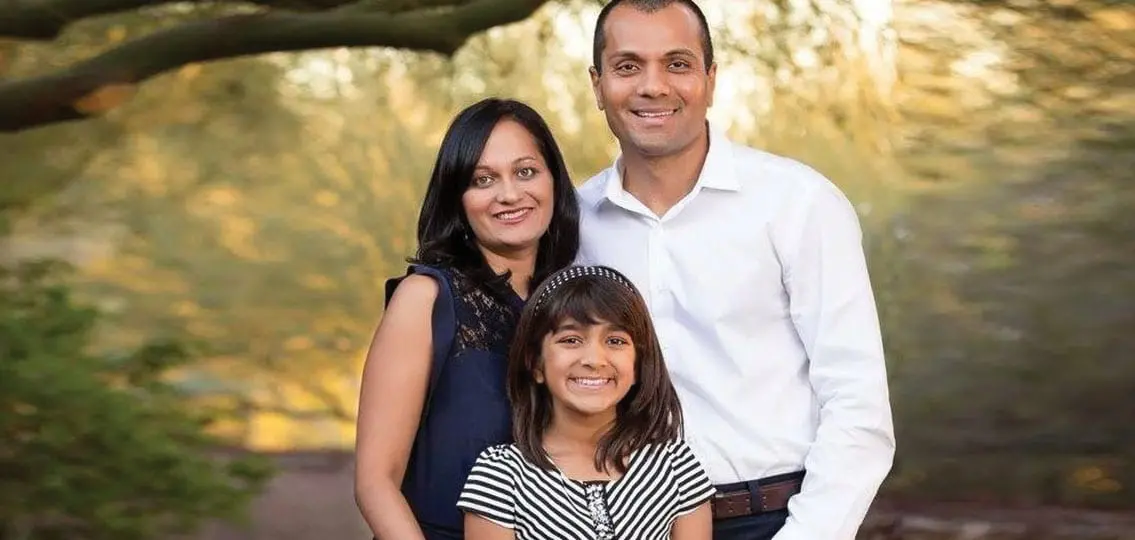“Is she your only daughter?” The mother at the art camp is inquisitive. It is a simple question, a kind of water-cooler conversation between parents meeting for the first time.

“Yes, she is my only,” I respond.
I spot my 12-year-old with her friends, witnessing her laugh as she paints a beach scene on her white canvas. Within seconds, I shift my gaze to the questioning mom. The look on her face is predictable. She nods her head, and I sense her pensiveness. Her hands move toward her cellphone, and I know this is a feeble attempt to push past our awkward silence.
My choice to have just one child has stirred an unease in her demeanor, and she offers a half-smile.
She’s navigating the pendulum of feeling sorry for me versus wanting to know whether having an only signifies a purposeful decision. The angst in her face isn’t surprising. I’ve encountered similar consternation about raising an only child with family members, friends, and strangers in new social settings.
In my early 30s, I questioned whether having an only reflected a selfishness or a deficiency I was too biased to admit. I asked the typical questions and mulled over answers about the complicated and mundane: Will I regret this decision?
If I choose not to give her a sister or brother, will she feel lonely in life? Is she going to be spoiled and entitled? Will she learn to share with others?
With these inquiries, I’d push myself and sink into the feeling of being a parent to and raising an only child and the long-term implications of this decision.
When my daughter was younger, I felt like less of a mother when this question arose in random moments in different settings.
But as I parent my pre-teen daughter now, I observe other moms managing multiple children, and I see that our similarities are more pronounced than our differences. We want our children to eat healthy, show interest in various subjects at school, and enjoy the wonder of a new discovery. We are equally concerned when our children spike a fever or face a challenge with friendships. These experiences serve as an epiphany:
Most of us, mothers of one and mothers of multiple children, are working toward the same goal.
We want to raise well-adjusted children who ultimately are happy and kind human beings.
With this perspective in mind, parenting my almost-13-year-old daughter does not stir feelings of inadequacy, but of empowerment. As she slides next to me on the sofa, we talk about how she navigates a difficult situation with a friend or some of her concerns about a pending homework assignment. I also help her with strategies for her tennis game, and we share our thoughts as we enjoy a good movie. I suspect mothers of multiple children are doing the same. They, too, are guiding and charting the best path for their kids.
As I sit next to my daughter at the dinner table, my focus is not on what is missing, but how fulfilling it is to listen to her stories and have the privilege of counseling her on the ups and downs of middle school life. She expresses how comfortable she feels confiding in me and how much she depends on me. It isn’t always this way—there are evenings of tears and unnecessary heartache, too.
These moments serve as reminders that I am in the trenches, mothering, along with all of the other moms, listening, guiding, and loving our children. Mothering an only is like any other parent’s journey—we all navigate our children through sorrow and joy.

At the end of art class, I follow the other mother to our respective children’s projects, and, completely unrehearsed, we utter the same words. “What a great job, honey.”




